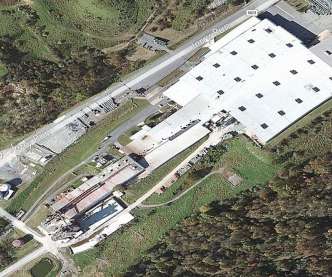Zero-cobalt Li-ion battery maker SPARKZ announces site for W Va gigafactory
Green Car Congress
SEPTEMBER 1, 2022
SPARKZ, a battery startup with exclusive licenses from Oak Ridge National Laboratory (ORNL) to produce domestic cobalt-free lithium batteries, will begin manufacturing its zero-cobalt battery in Taylor County, West Virginia, eventually employing 350 workers. Earlier post.). of industrial space available.













Let's personalize your content